Pricing a 1-day workshop can be challenging, especially when you’re trying to strike a balance between covering costs, ensuring profitability, and providing value to your audience. Whether you're a seasoned facilitator or organizing your first workshop, getting your pricing strategy right is crucial to attracting participants while maintaining financial viability.
In this guide, I will walk you through the key steps to accurately estimate costs, assess your market, and set a price that reflects the value you bring. From calculating venue and material expenses to considering participant expectations and competitive pricing, you’ll learn actionable strategies to ensure your workshop is both impactful and financially rewarding.
Ready to dive in and craft a pricing plan that works for you? Let’s get started!
1. Sales and Workshop Proposal: 8 Hours
When you get an inbound lead or potential customer, this is the break down of the average time you will be spending closing the deal.
Initial e-mail and / or telephone communication back and forth with the potential customer: 1 hour
Initial meeting with the potential customer to gather the specs of the workshop: 2 hours
Writing the proposal and workshop design: 3 hours
Presenting and adjusting the proposal with the potential customer: 2 hours
2. Pre Workshop: 10 Hours*
Once the deal is closed, it is time to get hands on planning and nailing all the details you need to run a successful workshop.
Further workshop design detailing exercises, agenda, session principles, ice breakers and energizers, rom design, materials, food, guidelines, etc: 2 hours
Visit the workshop venue to give them the spec you need (tables, seating, wall space, whiteboards, flippover chars, refreshments, projector…) and make sure everything will be as you request: 2 hours
Crafting and sending a workshop invitation: 1 hour
Creating a PowerPoint presentation: 2 hours
Logistics (printing out documents, getting material, etc): 1 hour
Presenting and adjusting the final plan with the customer for the final approval: 2 hours
* In this example, there is no need of some insight work, like interviewing all / some of the participants, gathering and summarizing data, running surveys or questionaries.
* In this example, the customer has already chosen and paid for the venue.
If you need to do some of those, estimate the time to be spent and the cost of the venue accordingly.
3. Workshop: 10 Hours
The big day has arrived and you are eager and ready to facilitate a 1-day workshop: a full work day - 8 hours.
Prep, rom setup and making sure everything works and is ready for when the participants come: 1 hour before the workshop starts
1-day workshop: 8 hours
Take pictures, record things that need documenting and clean up the room after the workshop: 1 hour
4. After Workshop: 6 Hours*
Now is time to summarize the process and outcome of the workshop, and give the customer some advice and guidance on what and when to do next.
Summarize the workshop and create a delivery report: 4 hours
Presenting the report to the customer for the final hand out: 2 hours
* In this example, it was a PowerPoint presentation mainly showing all the relevant pictures taken from the walls covering the workshop exercises.
If you need to do more elaborate and detailed reporting, estimate the time to be spent accordingly.
Total Time Spent for a 1-Day Workshop: 34 Hours
Sales and Workshop Proposal: 8 Hours
Pre Workshop: 10 Hours
Workshop: 10 Hours
After Workshop: 6 Hours
Summary
Estimating and pricing a 1-day workshop requires a careful blend of strategy, research, and understanding your audience's expectations.
By following the steps outlined—estimating costs, evaluating market demand, and ensuring your pricing reflects the value you deliver—you can set a price that supports your goals and resonates with your participants.
Remember, the right price isn’t just about numbers; it’s about creating a win-win scenario where your attendees gain meaningful knowledge and experiences, and you achieve financial success.
With thoughtful planning, your workshop will not only be a valuable learning experience but also a sustainable venture.



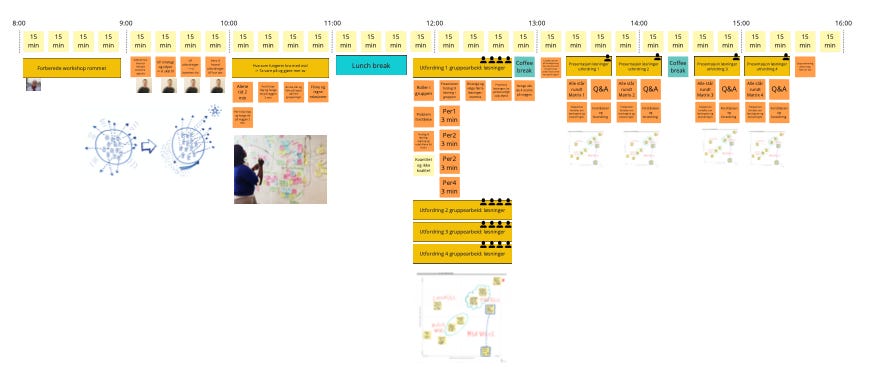
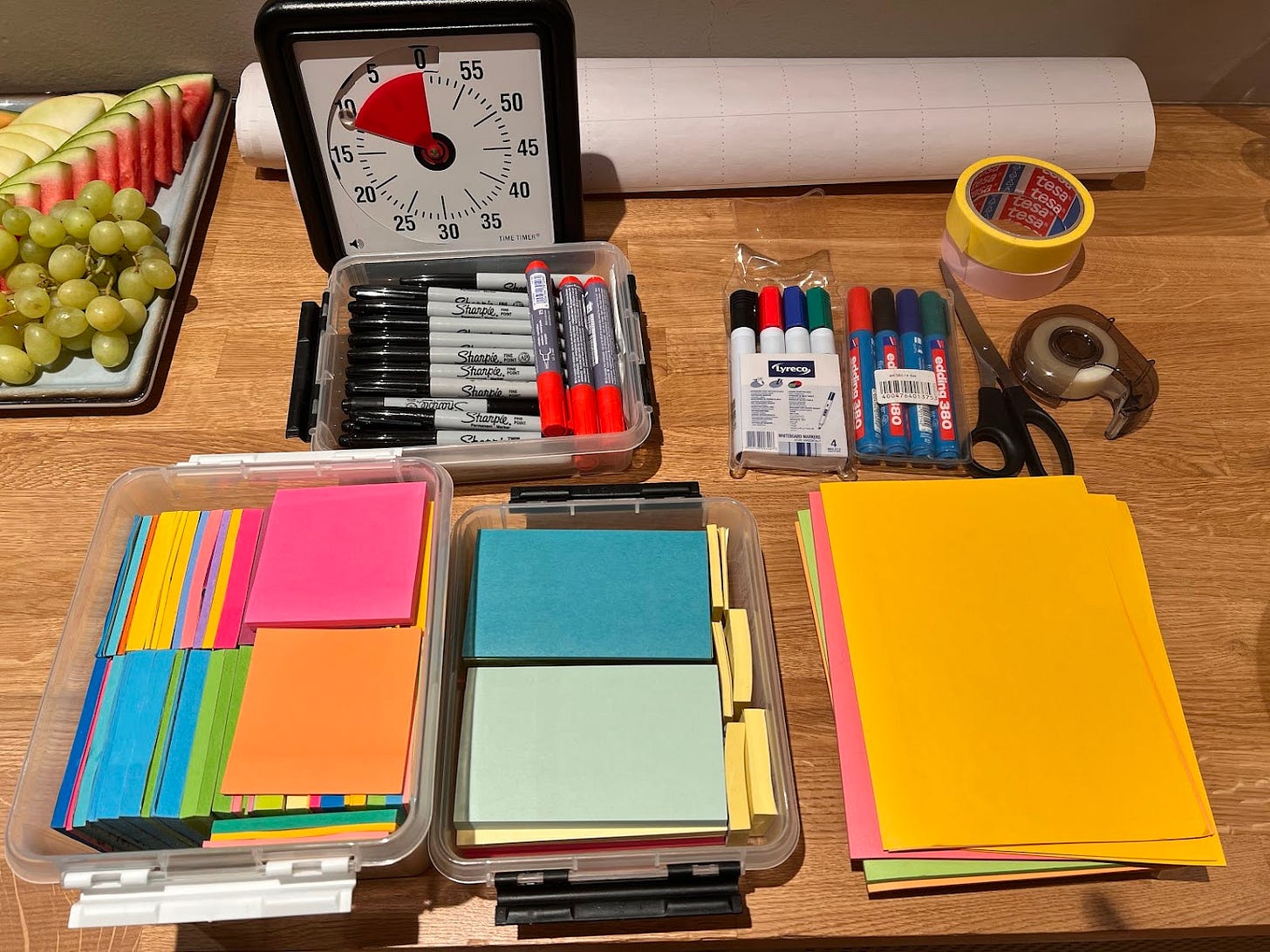
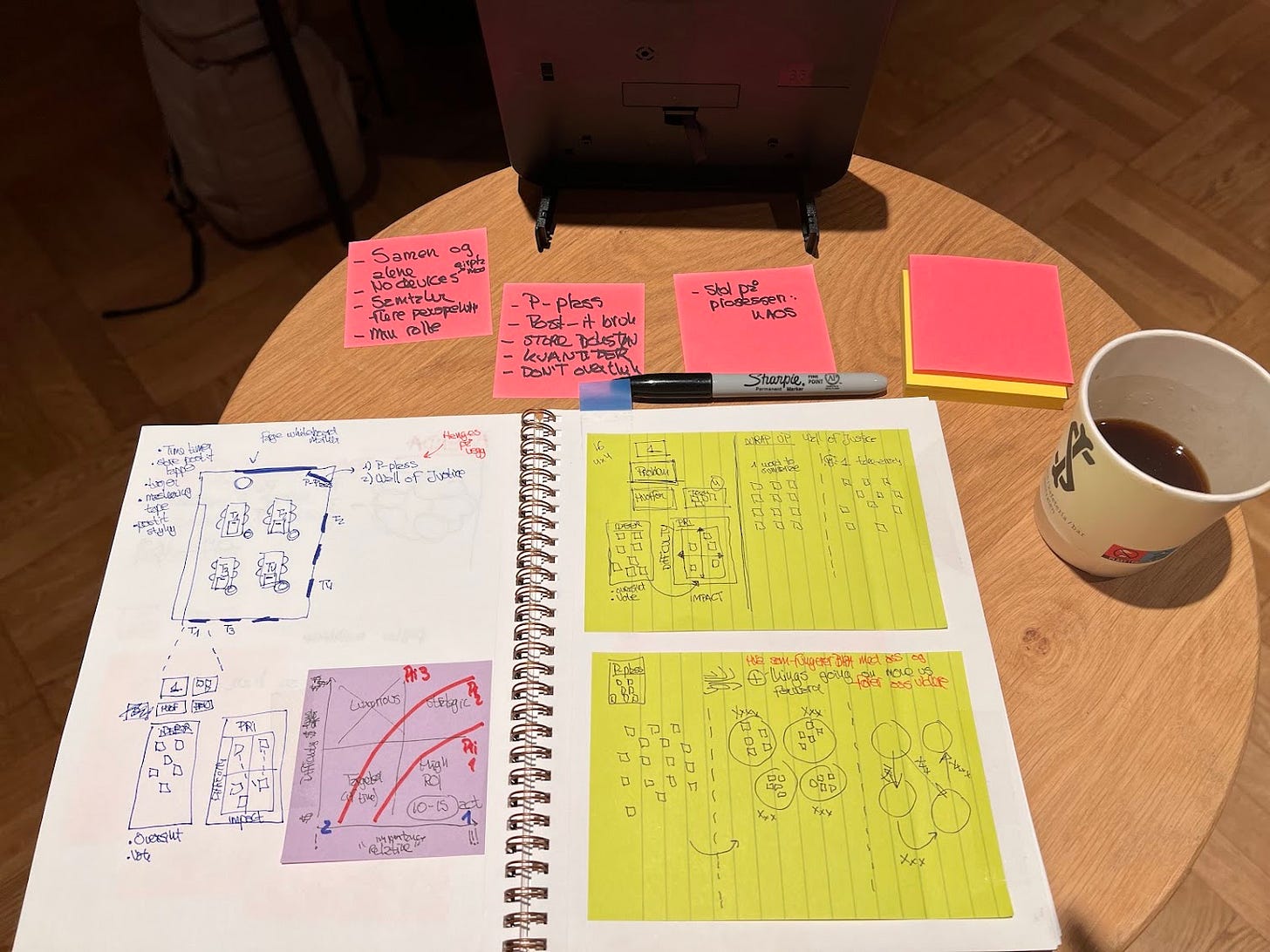
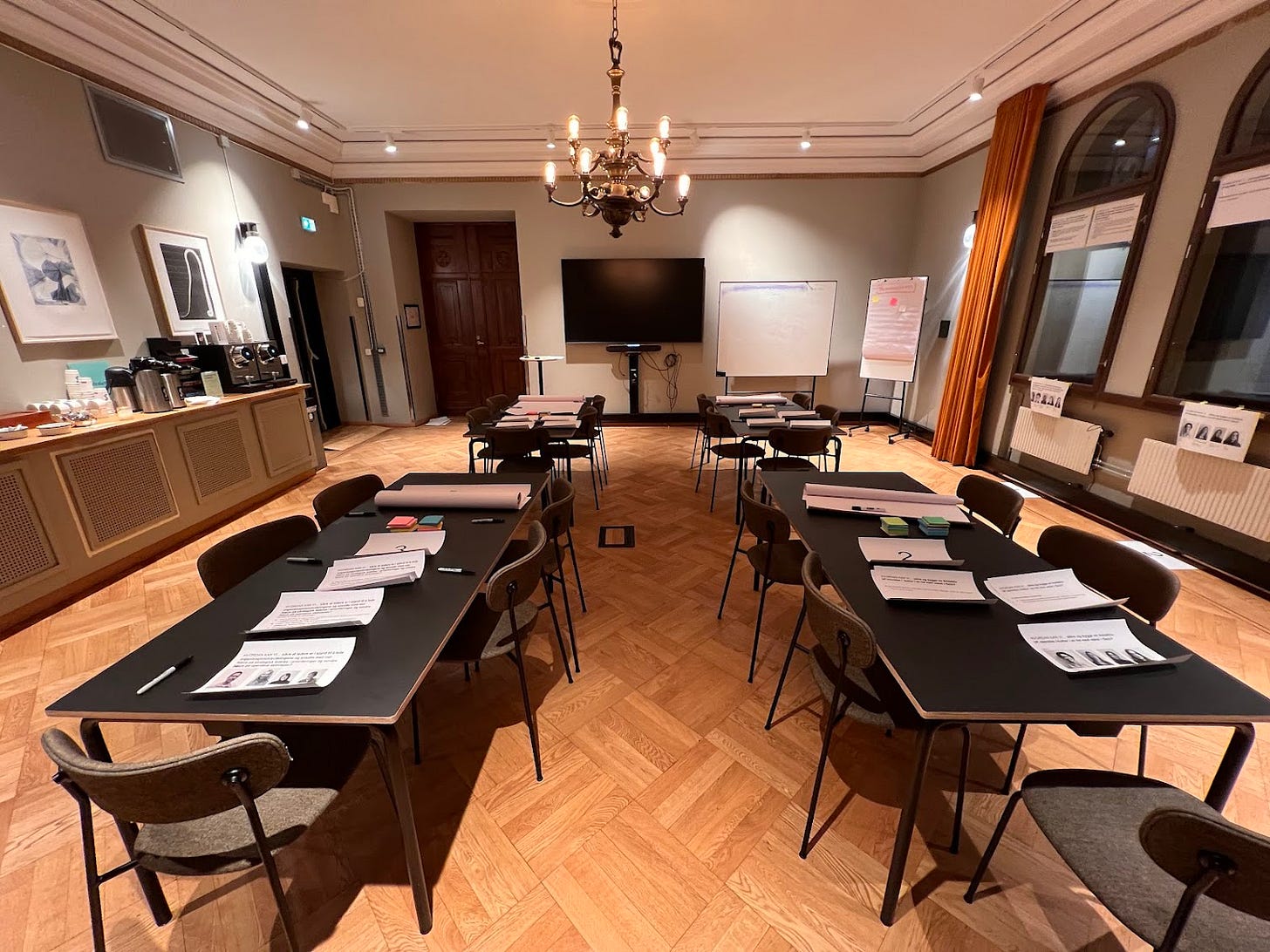
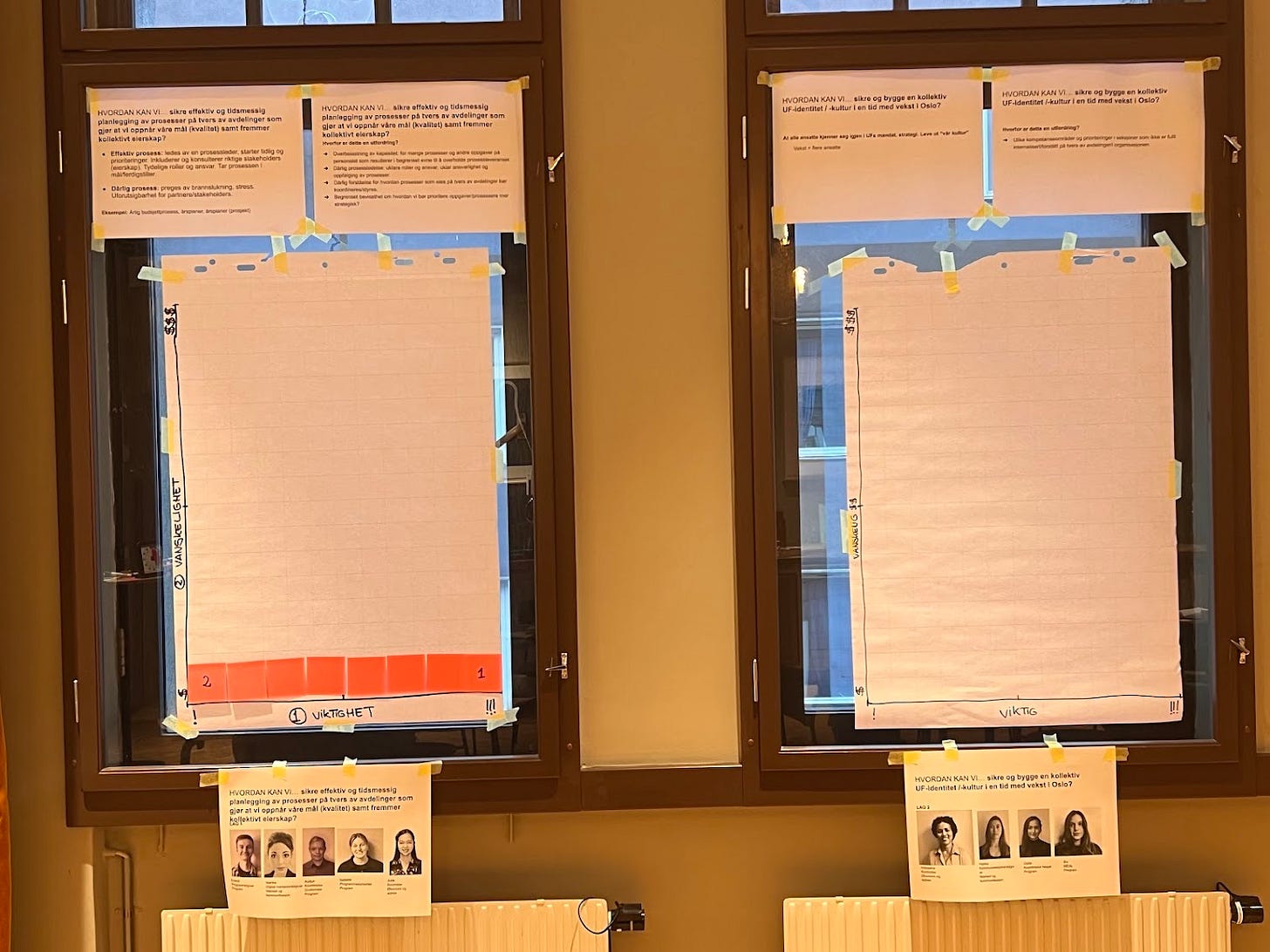
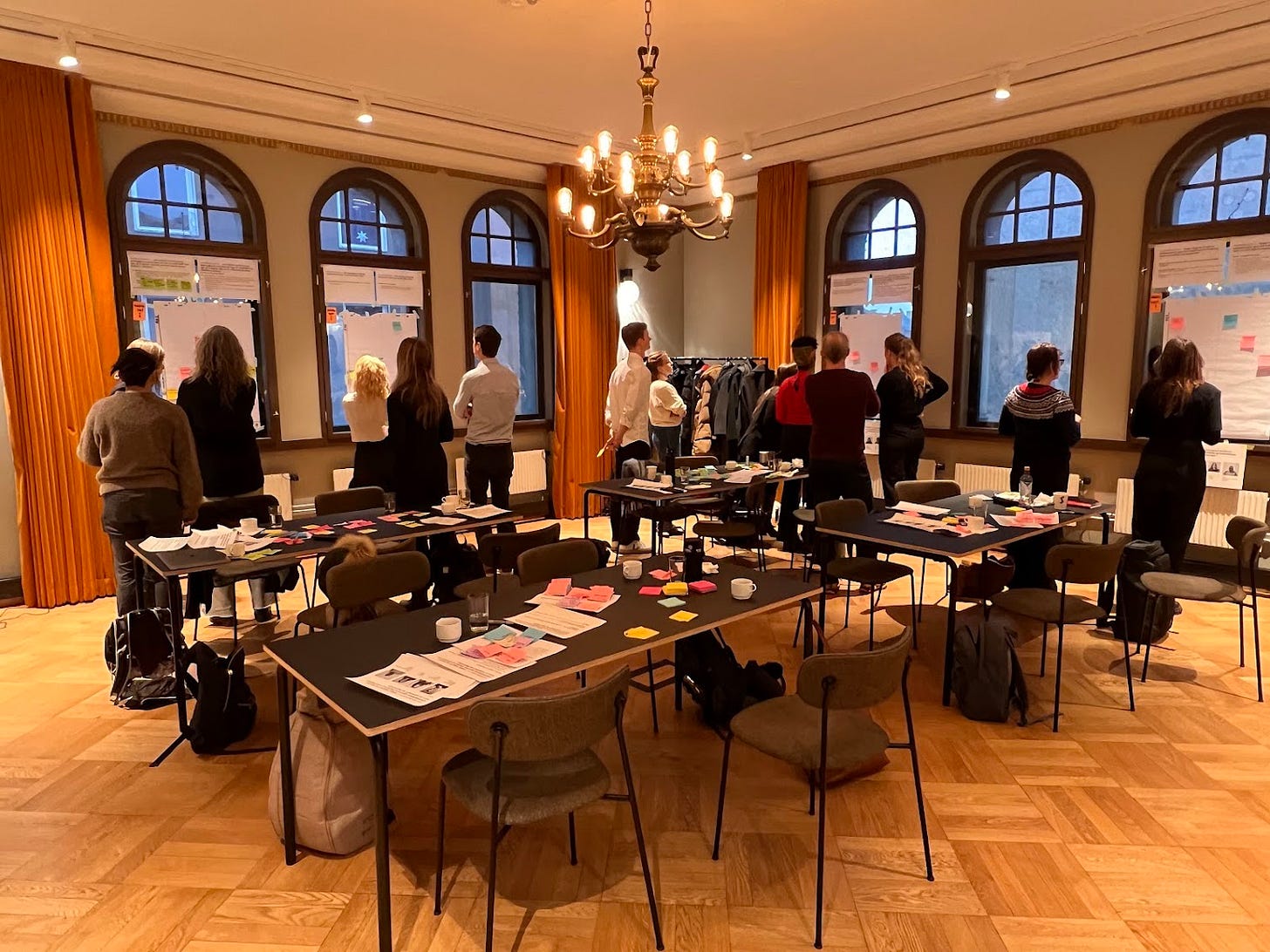
This is really good. Clients tend not to consider the hours to design and just take into account the hours you're facilitating.
And as we know, a good workshop lies in the preparation and design, leading to an awesome experience.
This is a great analysis and great post, thank you for publishing